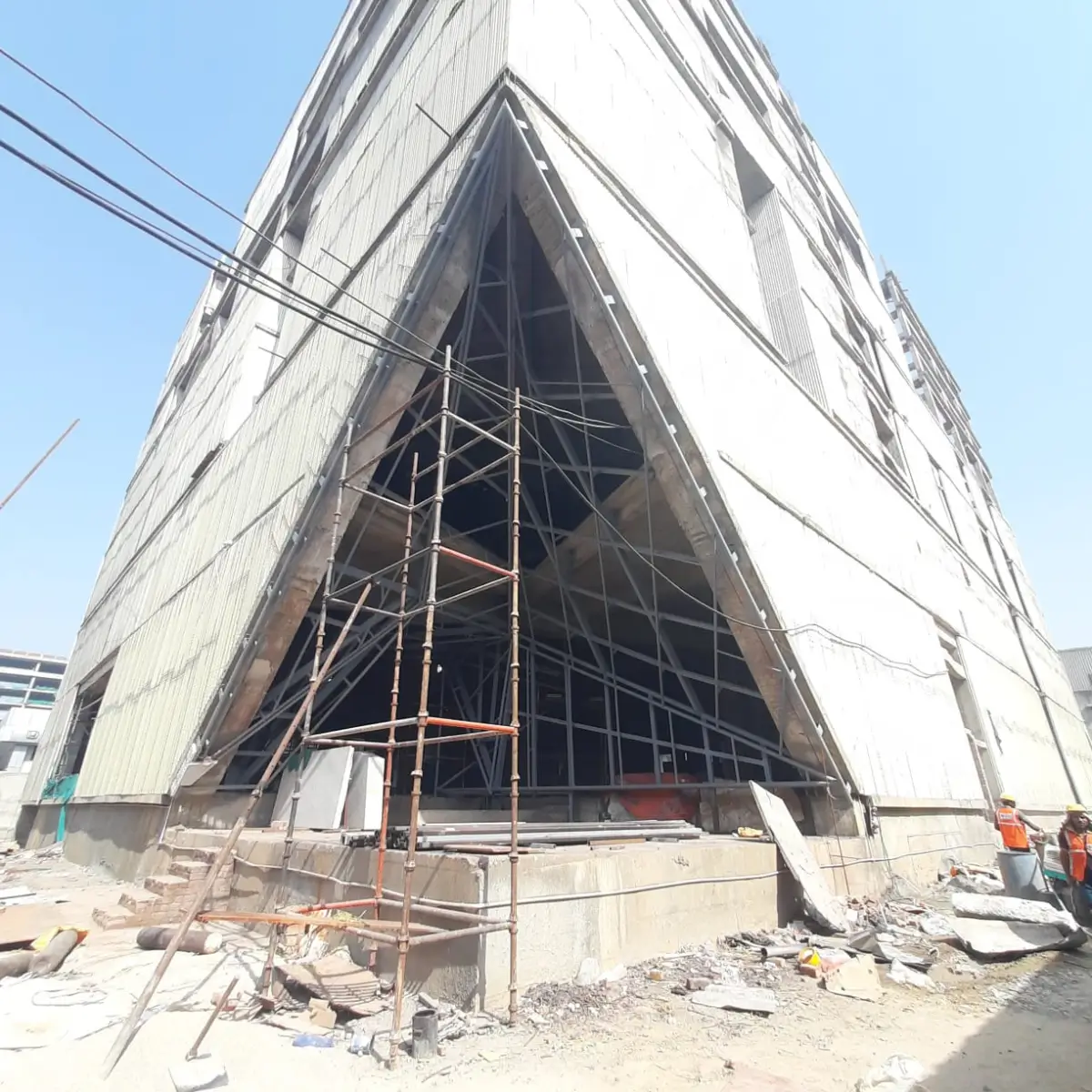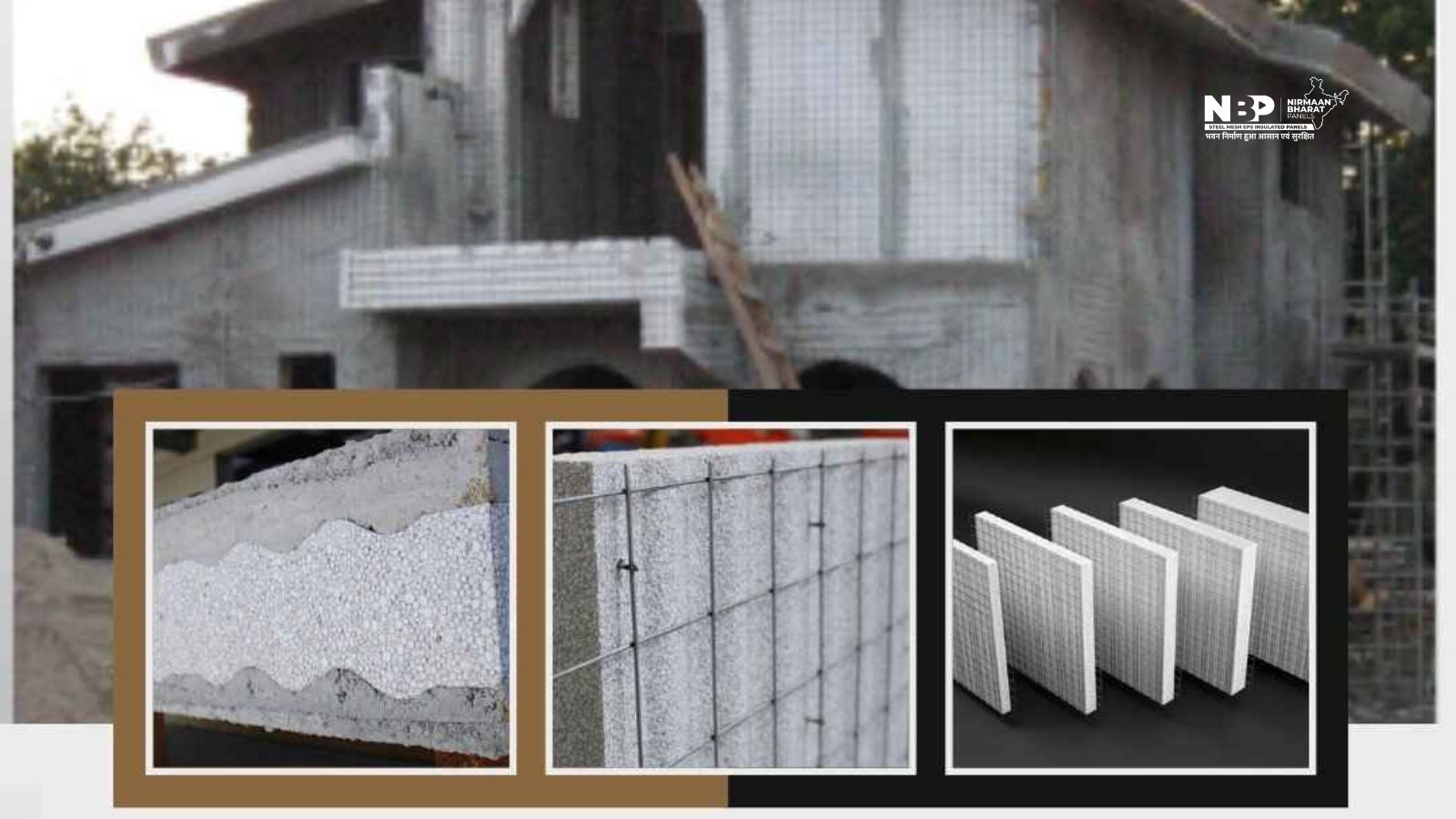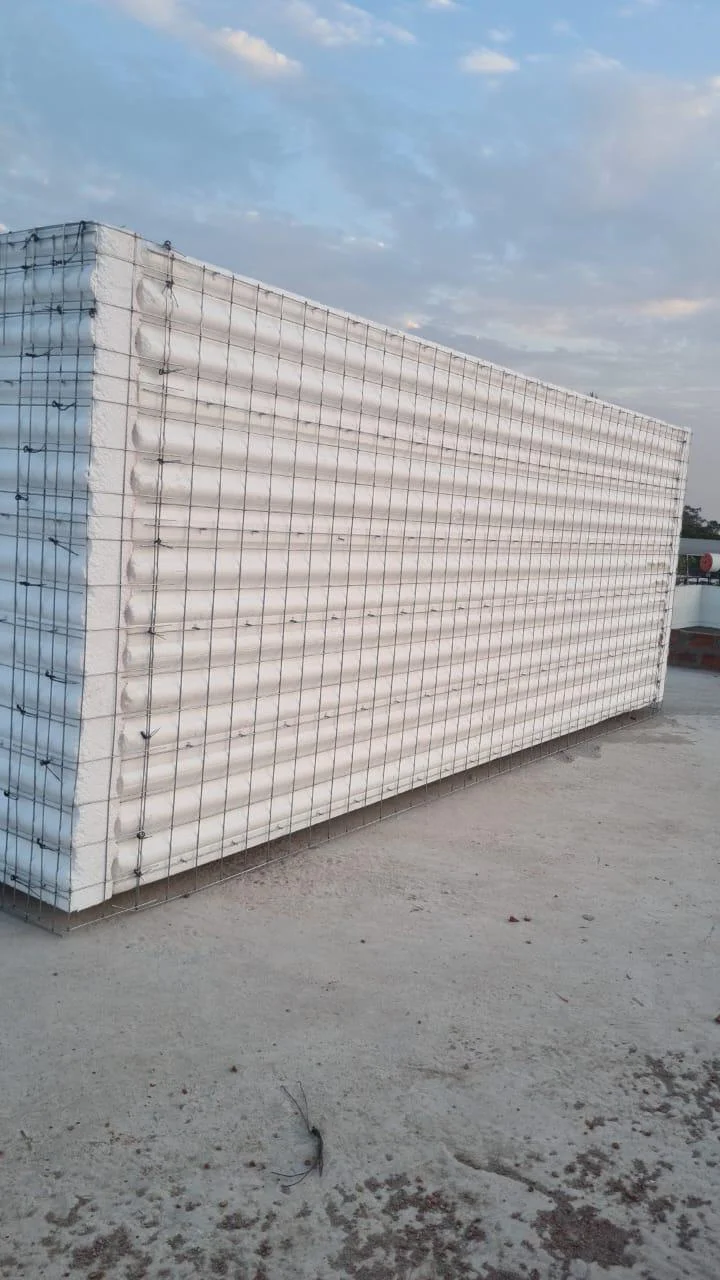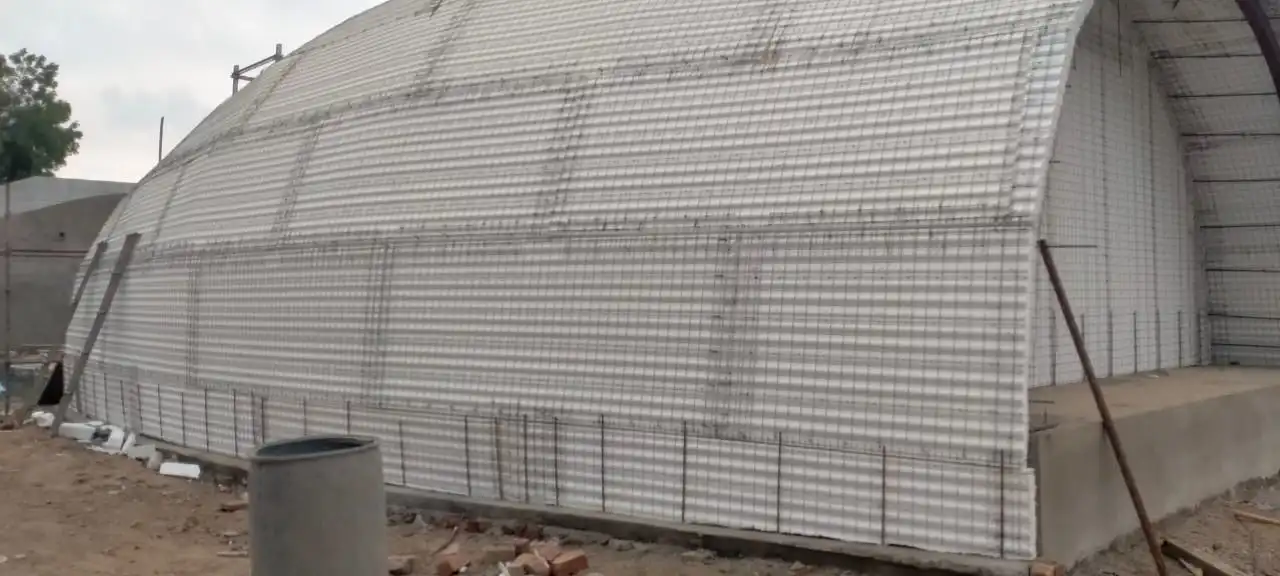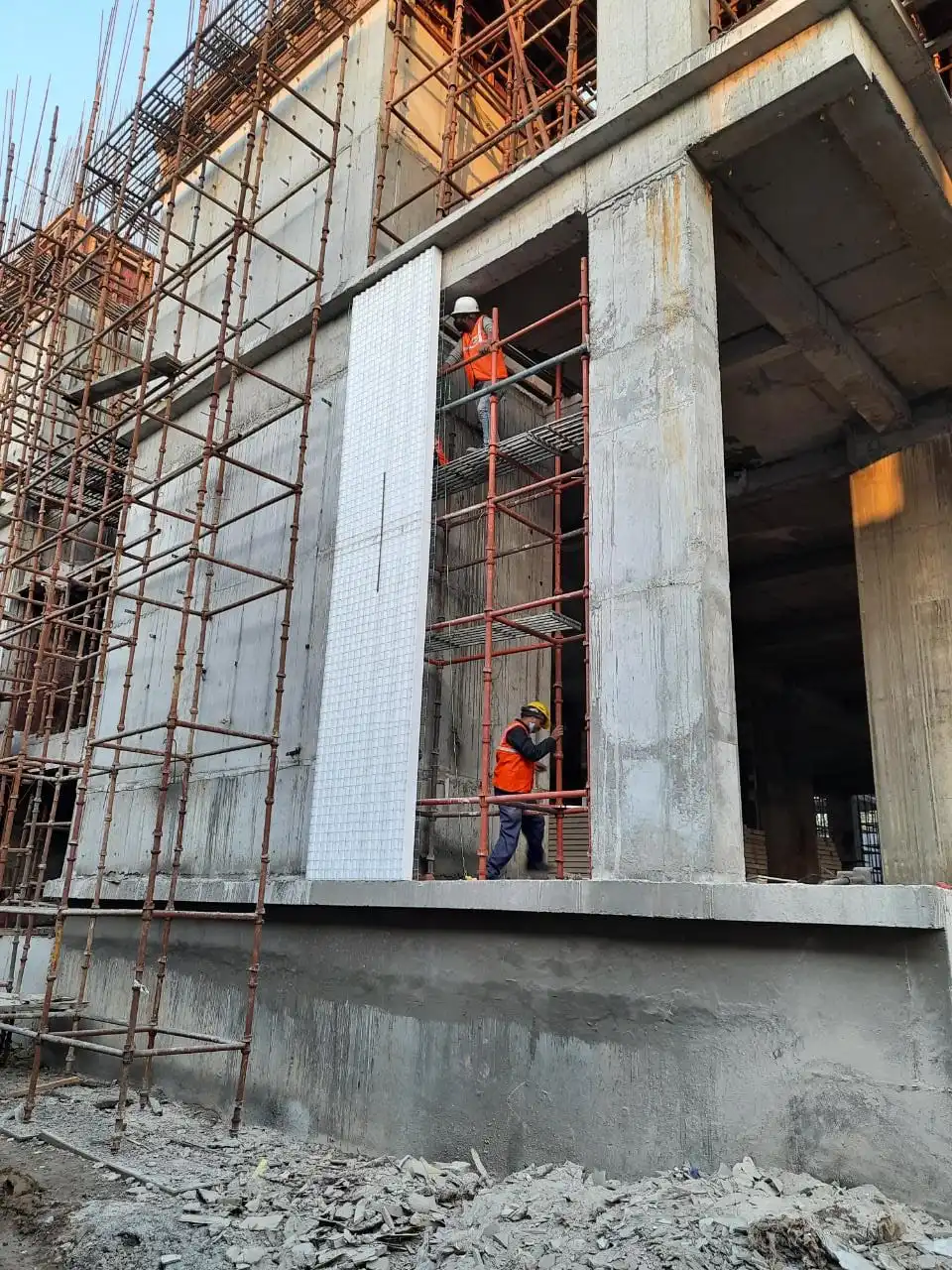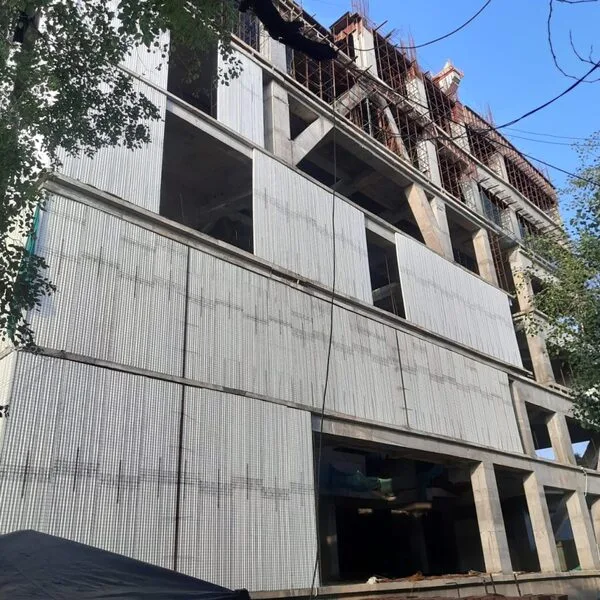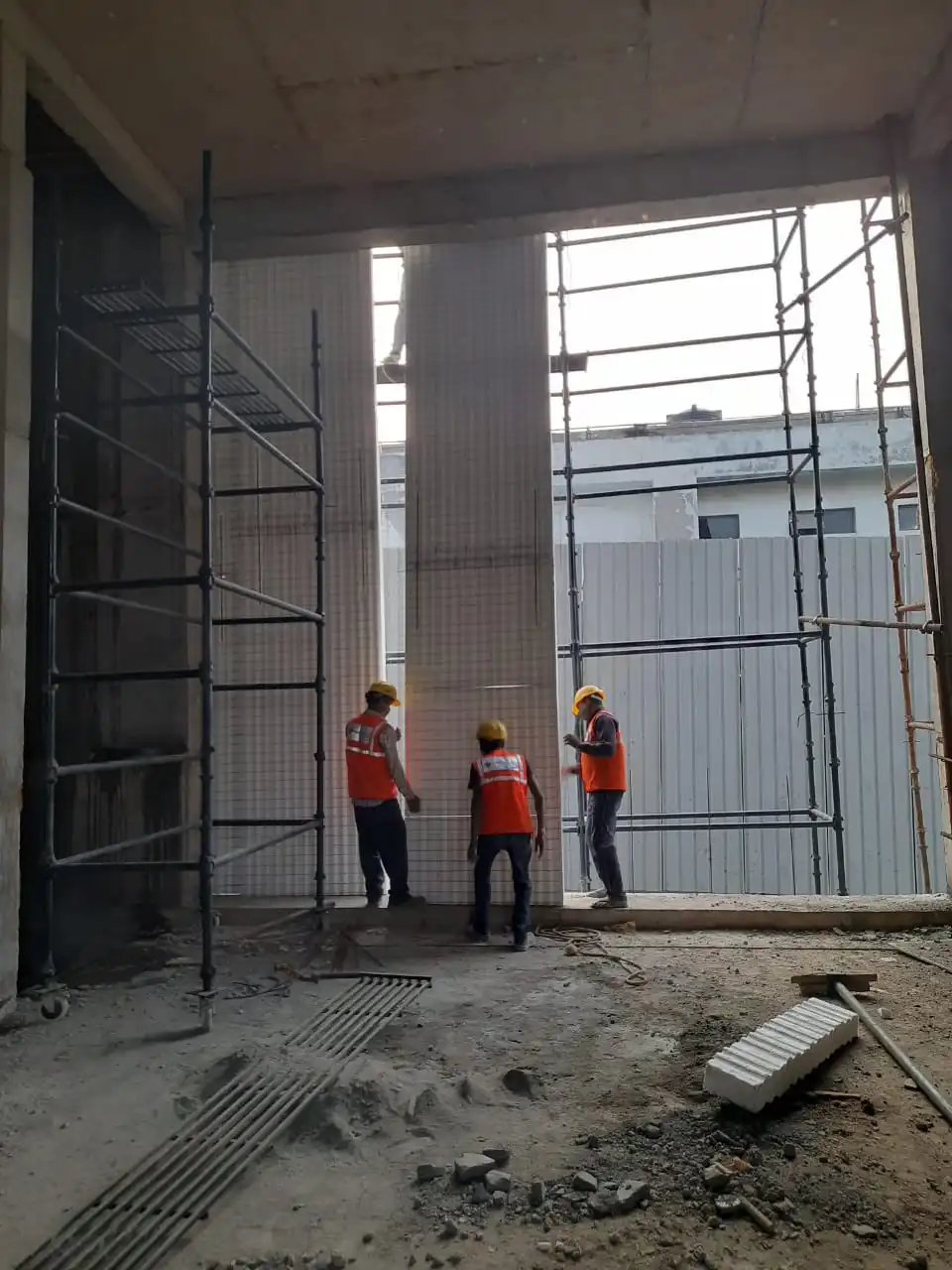In the rapidly evolving construction landscape of India, EPS (Expanded Polystyrene) panels have emerged as a transformative force, revolutionizing traditional building practices and setting new standards for efficiency, sustainability, and cost-effectiveness.
Table of Contents
ToggleThe Rise of EPS Panels in India
EPS panels, characterized by their lightweight yet robust structure, have gained widespread popularity across various construction projects in India. Here’s how they’re reshaping the industry:
Efficiency in Construction
EPS panels India streamline the construction process with their prefabricated nature, allowing for rapid installation and reduced labor costs. Builders and developers appreciate their ease of handling and assembly, which translates to shorter project timelines without compromising quality.
Superior Thermal Insulation
In a country known for its diverse climatic conditions, EPS panels offer exceptional thermal insulation properties. By effectively regulating indoor temperatures, these panels contribute to energy efficiency and provide occupants with comfortable living and working environments year-round.
Versatility and Adaptability
From residential homes to commercial complexes and industrial facilities, EPS panels find applications across a broad spectrum of construction projects. Their versatility allows architects and builders to explore innovative design solutions while meeting structural and functional requirements.
Sustainability
EPS panels are inherently eco-friendly, as they are manufactured using recyclable materials and contribute to reduced energy consumption over the building’s lifespan. Their lightweight composition also translates to lower transportation emissions and overall environmental impact.
Applications Across Industries
EPS panels have found favor in diverse sectors of the Indian construction industry:
Residential Construction: Builders integrate EPS panels into residential projects for their insulation properties, quick installation, and cost-effectiveness.
Commercial Buildings: From offices to retail spaces, EPS panels are chosen for their ability to create energy-efficient structures that align with sustainability goals.
Infrastructure Projects: In infrastructure development, EPS panels play a vital role in constructing bridges, tunnels, and other critical infrastructure components due to their strength, durability, and lightweight nature.
Conclusion
EPS panels are revolutionizing construction practices in India by offering efficient, sustainable, and versatile building solutions. As the construction industry continues to evolve, EPS panels are expected to remain at the forefront, shaping the future of architecture and infrastructure across the country. Their impact extends beyond individual projects, contributing to a more sustainable and resilient built environment for generations to come.


